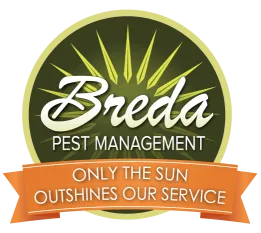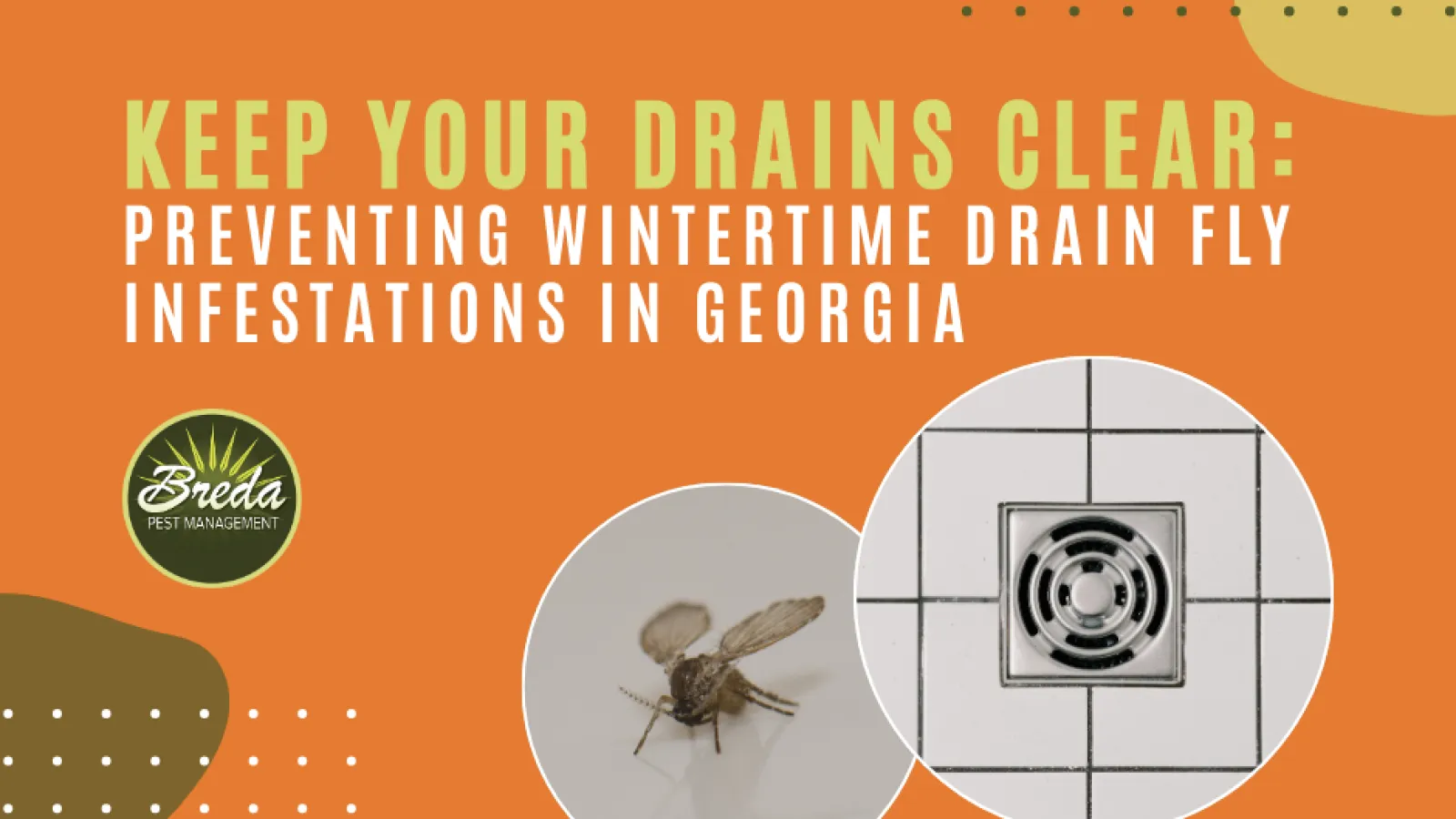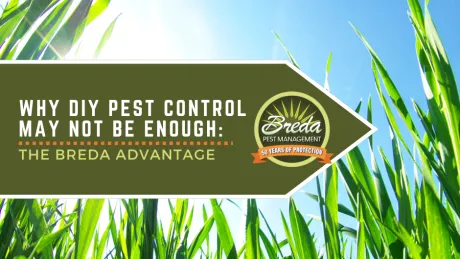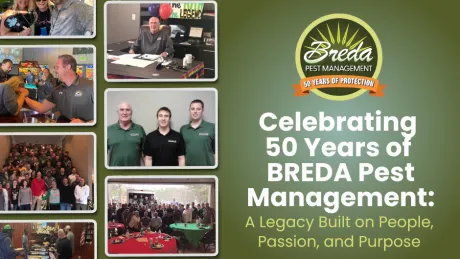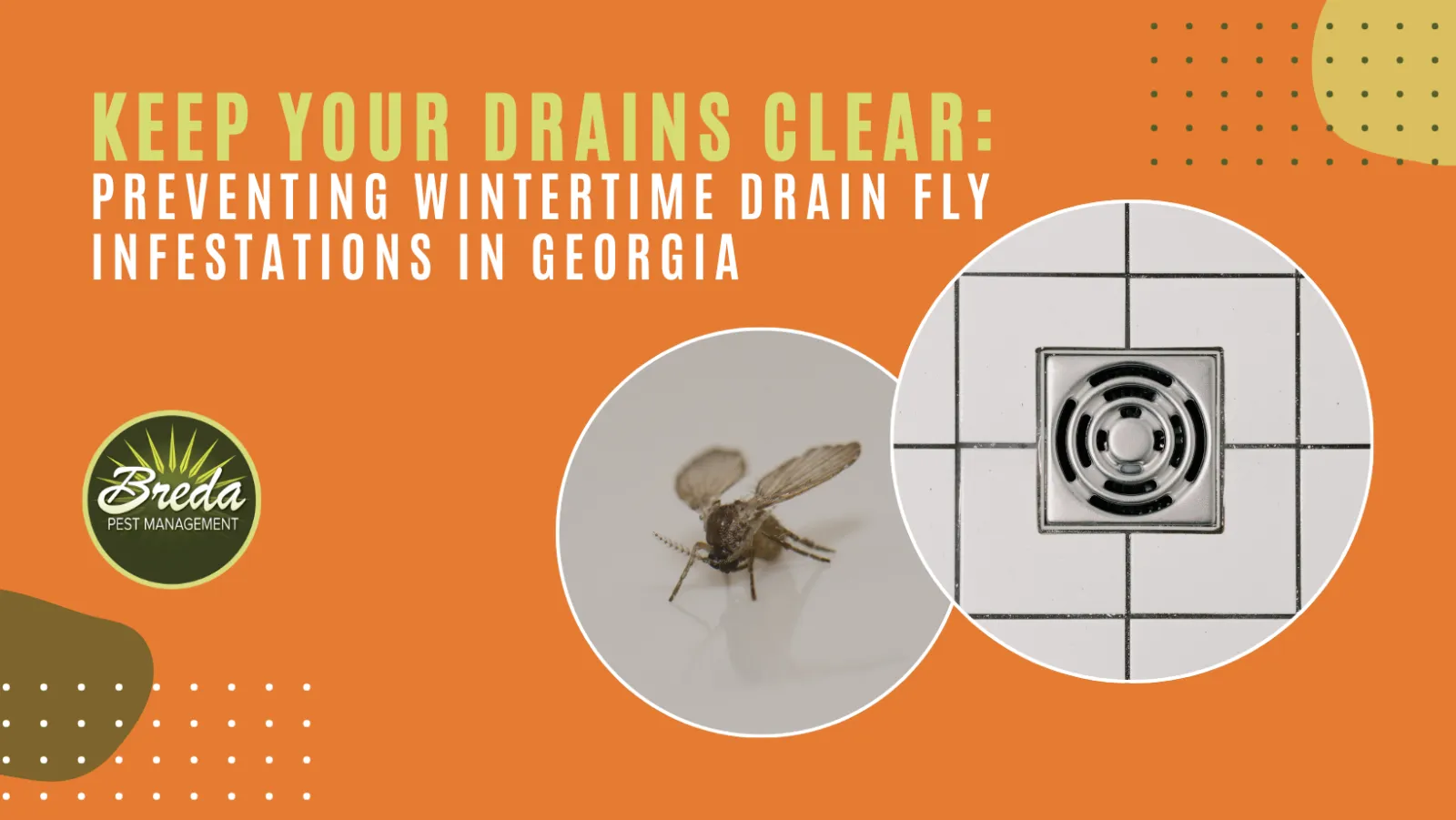
As winter settles in Georgia, many homeowners prepare for chilly nights and more time spent indoors. But with the increase in kitchen activity during this season, there's an uninvited guest that might make an appearance—drain flies. These tiny pests thrive in neglected drains, especially during the colder months when indoor activity peaks. By following these tips, you can ensure your home stays pest-free this winter.
Understanding Drain Flies and Their Habits
Drain flies, also known as moth flies, are small, fuzzy insects that often resemble gnats. They're commonly found near sinks, showers, and other drains where organic matter accumulates. While they don't pose direct harm, their presence can be a nuisance and indicate underlying plumbing issues.
In Georgia's mild winter climate, preventing drain fly infestations is essential for homeowners. The increased use of kitchen sinks during the holidays—from Thanksgiving to New Year—creates the perfect storm for these pests to thrive.
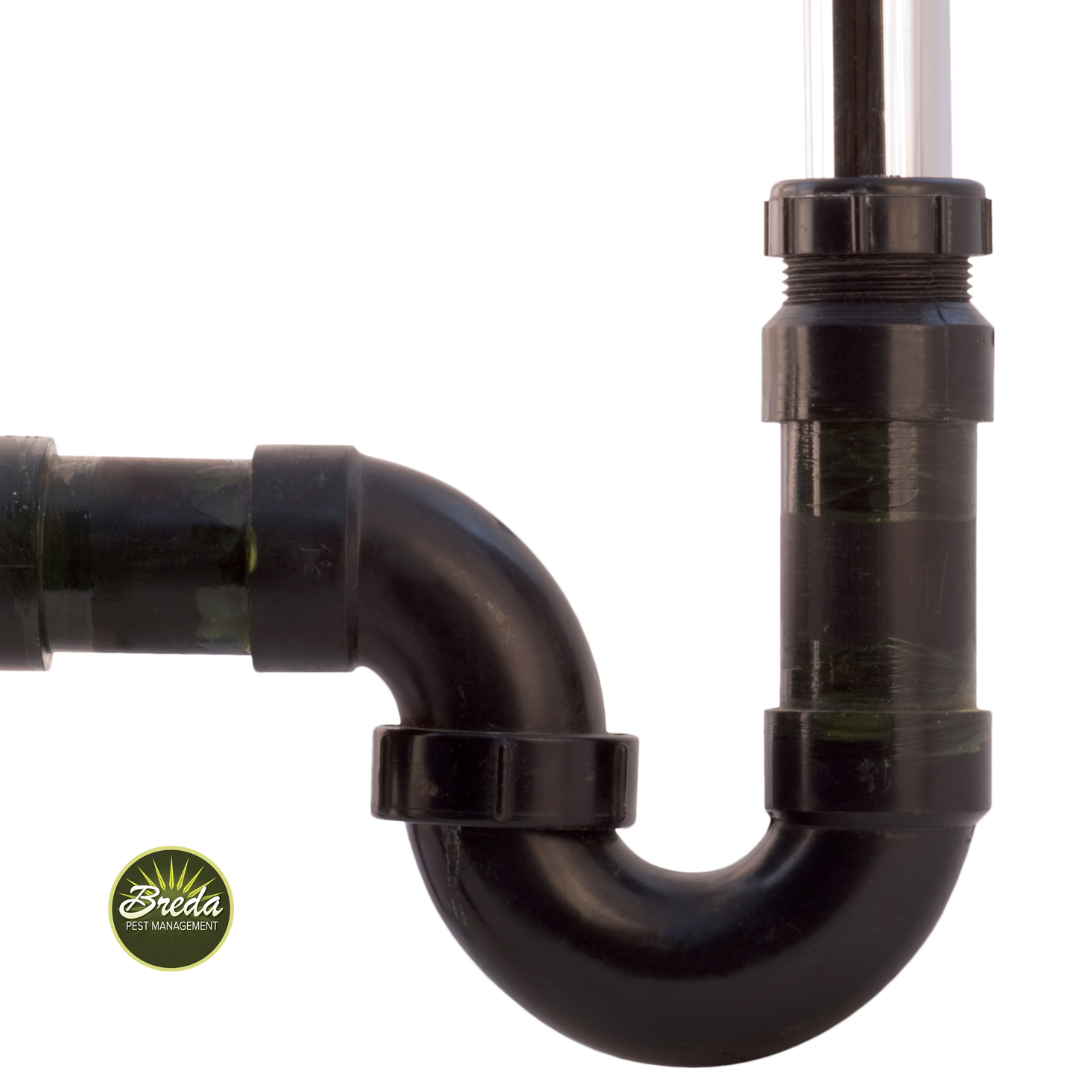
Winter Drain Maintenance Tips for Georgia Homes
Winter is the ideal time to inspect and clean your drains. Here are some practical maintenance steps to keep your plumbing in top shape:
Clear organic matter buildup - Drain flies lay their eggs in organic buildup within drains, particularly in the p-trap. To combat this:
Remove and clean the p-trap periodically. If you're unsure what the p-trap is, it's the U-shaped pipe beneath your sink that traps debris.
Use a stiff brush and a mixture of warm water and vinegar to scrub away residue.
Use drain covers - During times of inactivity, cover drains with clear plastic tape, sticky side down. Leave a light on overnight above the sink to attract drain flies. If you find flies stuck to the tape in the morning, you've identified the source.
Avoid garbage disposal drain fly problems - Garbage disposals can exacerbate drain fly issues by providing additional organic material for them to feed on. Follow these best practices:
Scrape food scraps into the trash instead of rinsing them down the disposal.
Run the disposal with hot water and a cleaning agent like baking soda and vinegar regularly to break down organic buildup.
Best Practices for Drain Fly Control in Georgia
When tackling a drain fly infestation, it's essential to address the root cause. Here are additional tips:
Inspect and Seal Entry Points - Drain flies may enter through gaps in windows, doors, or even plumbing fixtures. Inspect these areas and seal any openings to prevent their access.
Reduce Moisture - Moist environments attract drain flies. Repair leaky faucets and ensure proper ventilation in damp areas like basements and bathrooms.
Keep Drains - Active Unused drains can become breeding grounds. Pour water into infrequently used sinks or showers to keep the traps full and discourage flies from laying eggs.
DIY Drain Cleaning for Drain Fly Prevention
Cleaning your drains doesn't require expensive tools or chemicals. Here's a step-by-step guide to DIY cleaning:
Pour a pot of boiling water down the drain to loosen debris.
Follow with a mixture of baking soda and vinegar. Let it sit for 15 minutes.
Flush the drain with another pot of boiling water.
Use a drain brush to scrub away any remaining residue.
This simple routine can prevent organic matter buildup and deter drain flies from nesting.
P-Trap Maintenance Tips for Georgia Homeowners
The p-trap is a critical component in preventing drain fly infestations. Regular maintenance ensures it stays clean and effective:
Monthly Inspections: Check for clogs or debris and clean as needed.
Professional Cleaning: Consider hiring a plumber annually for a thorough inspection and cleaning.
Proper Usage: Avoid flushing grease or heavy food particles down the sink, as these can accumulate in the p-trap.
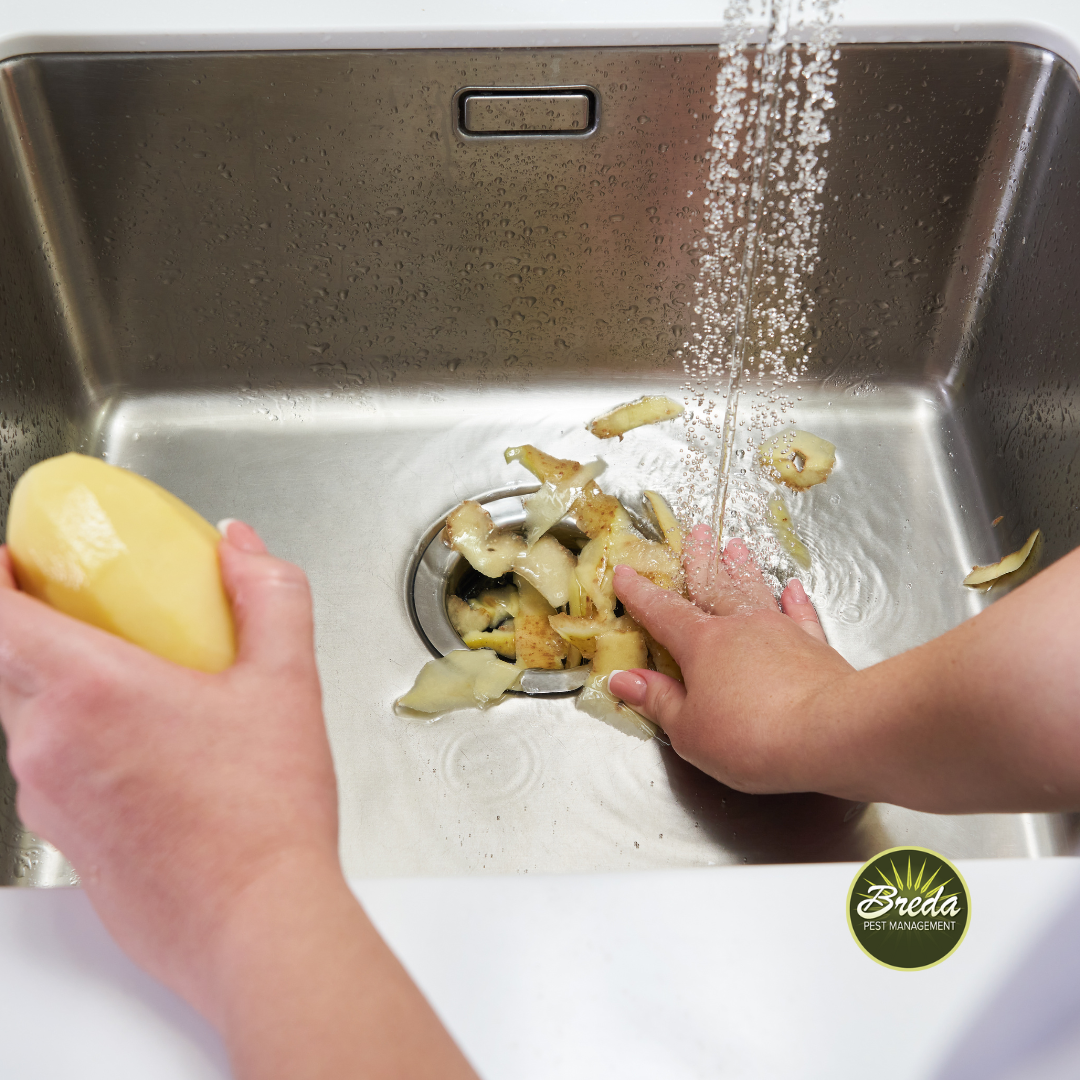
Identifying Gnats and Drain Flies in Georgia Kitchens
Homeowners often confuse drain flies with gnats. Here's how to differentiate them:
Drain Flies: Tend to rest on walls near drains and have a fuzzy, moth-like appearance.
Gnats: Are more active flyers and are typically found near plants or food.
By identifying the pest correctly, you can apply the appropriate treatment and eliminate them more effectively.
Georgia Winter Drain Fly Prevention Tips
In addition to cleaning your drains, consider these preventive measures:
Keep Your Kitchen Clean: Wipe counters, sweep floors, and store food in airtight containers.
Dispose of Trash Properly: Use bins with tight-fitting lids and take out garbage regularly.
Inspect Outdoor Drains: Clear leaves and debris from exterior drains to prevent backups.
The Importance of Professional Help
While DIY methods can be effective, severe infestations may require professional intervention. Local pest control experts like BREDA Pest Management can identify hidden breeding sites and provide targeted solutions.
Final Thoughts
Drain flies may be small, but they can cause big headaches for Georgia homeowners during winter. By following these tips, you can maintain clean drains, prevent infestations, and enjoy a pest-free holiday season. Whether it's tackling garbage disposal drain fly problems or mastering p-trap maintenance, a little effort goes a long way.
For persistent issues, don't hesitate to reach out to the BREDA Pest Management team. With expert assistance and proper upkeep, you can win the battle against drain flies and keep your home comfortable and welcoming all winter long.
If you're tired of wondering what the pests in or around your home are doing and just want them gone, don't hesitate to give us a call. The BREDA Guarantee promises to protect your home and keep it protected—no matter the circumstances. Schedule an inspection online or give us a call at 770-466-6700.
